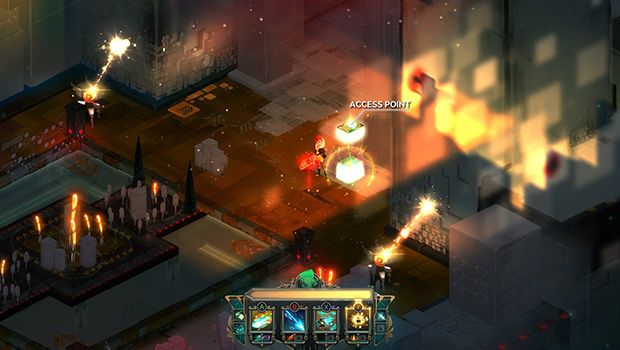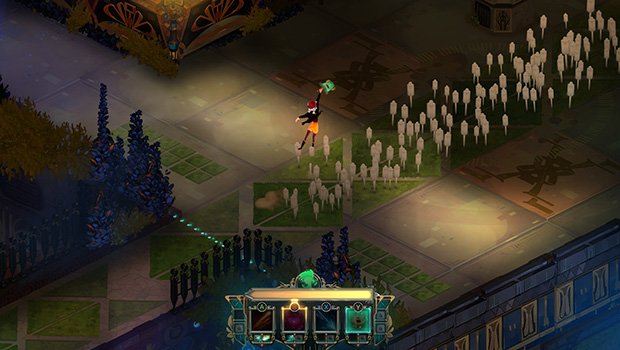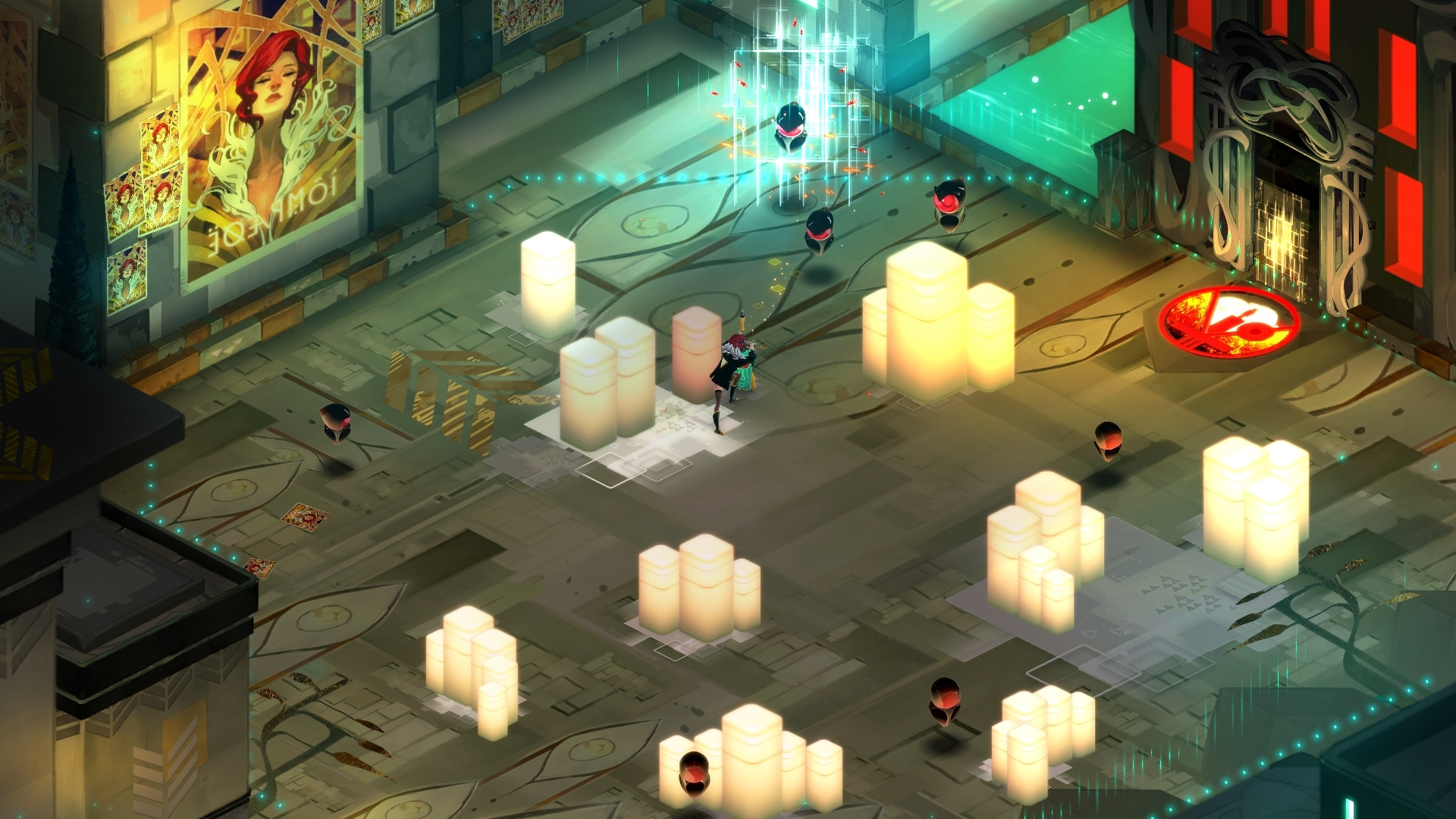In the game Transistor, the unique “overload” mechanic introduces an innovative twist to the traditional gameplay loop associated with losing health. Instead of leading directly to a game over screen when your health hits zero, the overload mechanic activates a strategic layer that requires players to think carefully about resource management during combat.
Overload Mechanic Explained:
When your health reaches zero, you enter an overload state where each ability or “function” equipped on your skill bar effectively acts as an extra life. The process unfolds as follows:
1. Health Restoration: Upon dying, your health is fully restored. This allows you to continue engaging in combat.
2. Function Overloading: The function on your skill bar that has the highest cost overloads and becomes temporarily unusable. This loss is significant because it directly impacts your combat options.
3. Function Limitations: The game continues to allow you to fight as long as you have equipped functions left. However, each time you die, the next highest-cost function will overload, progressively limiting your available abilities.
Retry Points:
When you overload a function, it cannot be used until it is repaired, which introduces another layer of strategy:
– Access Points: To repair overloaded functions, you must visit specific access points located throughout the game world. These points serve as checkpoints that allow you to refresh your abilities.
– Repairs Required: Each function details the number of access points needed for it to be repaired. This means managing which functions you can afford to lose becomes crucial, especially if a high-cost function is overwhelmed early in a challenging fight. Losing strong abilities can significantly hamper your overall combat effectiveness.
– Strategic Gameplay: The distance between access points mandates foresight and strategic gameplay. Reckless play may lead you into situations where vital functions are lost, and you must rely on weakened abilities while you scramble to reach the next access point.
Tactical Depth:
This death system enhances the tactical depth of Transistor, pushing players to carefully curate and upgrade the functions they use. By focusing on fewer but stronger abilities, they can minimize the risk associated with losing key skills during encounters, leading to a more engaging and strategic combat experience.
In Summary:
Overall, the overload mechanic combined with access points creates a unique approach to death in Transistor. Players are encouraged to think critically about their loadouts and the implications of losing functions, adding a layer of tension and excitement to the gameplay. It’s a system that not only challenges players to manage their resources but also to adapt to evolving combat scenarios with the limited tools they have at their disposal, making each battle a dynamic and thoughtful experience.






Leave a Reply